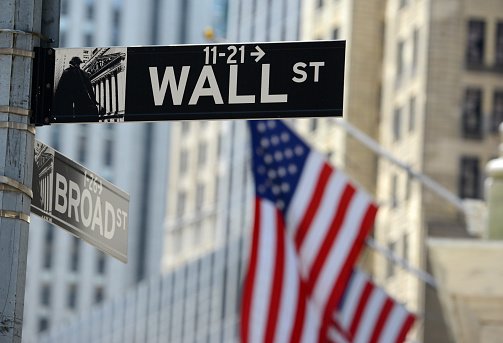 Global markets continue to trade with cautious optimism, despite signs of strain in the fragile Israel-Iran ceasefire. Reports out of Tehran on renewed Israeli airstrikes—despite US President Donald Trump declaring a ceasefire hours earlier—have added tension. Israeli army radio said the strikes targeted an Iranian radar site near Tehran, while explosions were confirmed by Iranian media. Global markets continue to trade with cautious optimism, despite signs of strain in the fragile Israel-Iran ceasefire. Reports out of Tehran on renewed Israeli airstrikes—despite US President Donald Trump declaring a ceasefire hours earlier—have added tension. Israeli army radio said the strikes targeted an Iranian radar site near Tehran, while explosions were confirmed by Iranian media. Still, there is no sign of panic in markets. WTI oil remains subdued near day low, hovering around 77, suggesting traders aren’t yet pricing in a full re-escalation. European indexes and US futures are in the green, reflecting relief that the broader conflict hasn’t spilled into a full-blown regional war. The Strait of Hormuz remains open, and risk appetite is finding a footing. Dollar is the worst-performing major today, extending its post-Bowman slump as dovish Fed commentary mounts. Chair Jerome Powell warned in his Congressional testimony that allowing tariff-driven price spikes to evolve into entrenched inflation would be a policy failure. His insistence on anchoring expectations signals resistance to immediate rate cuts—even as July odds creep higher. Atlanta Fed President Raphael Bostic echoed that sentiment, telling Reuters he prefers to wait until the fourth quarter to consider cutting rates. He noted that firms are gradually adjusting to tariffs through phased price increases, not sharp demand destruction. That slower pass-through gives the Fed more time to assess data and reinforces Powell’s “wait and see” stance...... | 